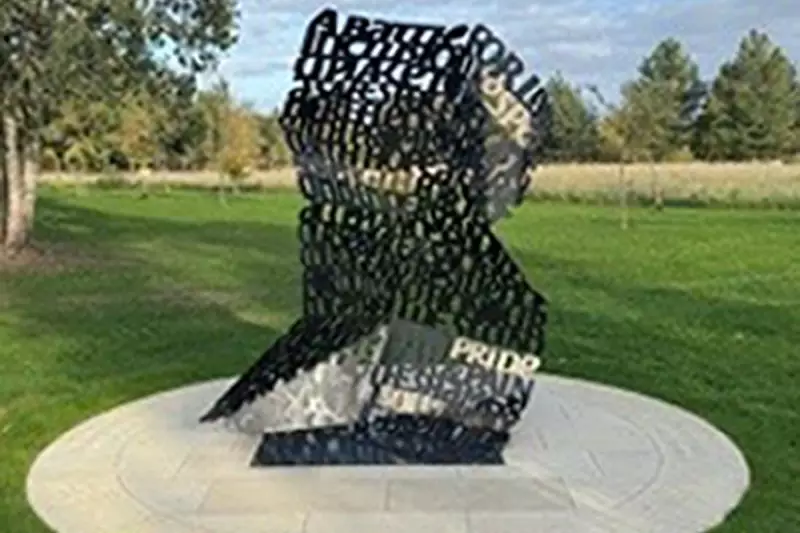
In a poignant ceremony that addressed a difficult chapter of British military history, King Charles has unveiled the nation's first permanent memorial dedicated to LGBT veterans who served under the shadow of the armed forces' ban on homosexuality.
The powerful tribute, situated at the National Memorial Arboretum in Staffordshire, serves as recognition of the thousands of service personnel affected by the policy that remained in force until the year 2000.
A Long-Overdue Recognition
During the emotional unveiling, the King acknowledged what he described as a "deeply painful period of discrimination" within Britain's armed forces. His presence at the ceremony sent a strong message about how far attitudes have evolved regarding LGBTQ+ service members.
The memorial features a beautiful triangular granite pillar, symbolising the infamous 'pink triangles' used to identify LGBTQ+ people in concentration camps during the Second World War. This powerful imagery connects historical persecution with more recent discrimination.
The Human Cost of Exclusion
For decades, LGBT individuals serving in the British military faced:
- Systematic investigations into their private lives
- Forced dismissal if their sexuality was discovered
- Loss of careers, pensions, and livelihoods
- Psychological trauma from living in constant fear
Many veterans described the memorial as validation of their service and sacrifice, despite being treated as second-class citizens by the institution they pledged to protect.
Healing Old Wounds
The ceremony represented a significant step toward reconciliation for veterans who had their careers abruptly ended and their contributions erased. One attendee noted that seeing the King personally unveil the memorial brought a sense of "long-awaited justice."
Defence Secretary Grant Shapps joined the King at the event, reinforcing the Ministry of Defence's commitment to creating an inclusive modern military where personnel are judged solely on their ability to serve.
The memorial stands as both an apology for past wrongs and a promise that future generations of LGBT service personnel will never face similar discrimination while defending their country.





